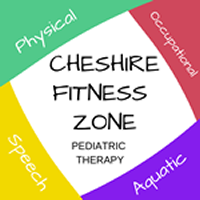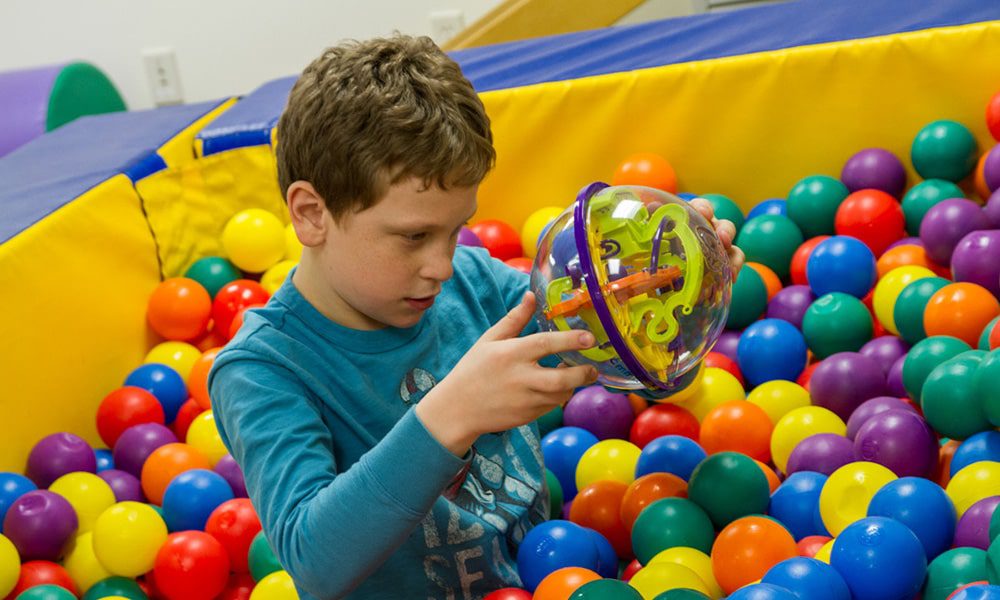Occupational therapy is designed to help children who have trouble with planning, organization and physical coordination skills. Children with certain attention and leaning issues will be supported and assisted to do tasks like working buttons, writing, and more, in less tiring and more efficient ways. Professionals who work with these children are known as occupational therapy assistants or occupational therapists.
Occupational therapist are trained specialists who can children learn to carry out daily activities. They can work with people of all ages as well as a wide range of challenges. These specialists put their occupational therapy expertise into good use by addressing skills like cognitive skills, gross motor skills and fine motor skills. Oftentimes, physical space and objects are involved in the process.
Children who might need occupational therapy
Below is a quick look at the issues that can increase the need for occupational therapy:
- Cerebral palsy
- Multiple sclerosis
- Hand injuries (severe)
- Cancer
- Traumatic amputations
- Spina bifida
- Burns
- Post-surgical conditions
- Developmental delays
- Orthopedic injuries
- Mental and behavioral problems
- Juvenile rheumatoid arthritis
- Autism
- Learning problems
- Traumatic injuries
- Sensory processing disorders
- Birth defects or injuries
It’s important to know that occupational therapy can’t “cure” your child. It will help your child learn to adapt to his difficulties over time, which makes day-to-day living easier. As for the duration of an occupational therapy program, it depends on the severity of your child’s symptoms. In some cases, a program can last for many months.
Daily activities made easier with occupational therapy
If a child has trouble with daily tasks, it can cause frustration for both the child and their parents. One may feel discouraged by the amount of effort and time seemingly simple activities take. Occupational therapy may be just what your child needs to overcome his or her challenges.
Tasks that are essential for daily living:
- Rest
- Sleeping
- Personal hygiene and grooming
- Personal device care
- Getting around (indoors and outdoors)
- Feeding
- Eating
- Dressing
- Bowel and bladder management
- Bathing or showering
Other daily activities (that are not vital) that can add happiness to a child’s life, include:
- There are also daily activities
- Safety and emergency procedures
- Following a parent who needs to go shopping
- Help in making meals
- Partake the process of caring for their own health
- Learning financial skills like using money
- Using transportation with a parent
- Using the phone
Occupational therapy can be used at home
Did you know that you can also help your child with daily activities? By working along with your child’s occupational therapist, both of you can try a few or all of the following:
- Teaching your child how to use his or her assistive technology and/or adaptive equipment
- Incorporate fine motor and gross motor training to make tasks easier
- Implement sensory techniques to increase environment and body awareness
- Use visual cues as aids for sequencing
- Create and help the child stick to a regular routine
If you are considering hiring an occupational therapist for your child, you are recommended to learn more about occupational therapy programs in CT first!


